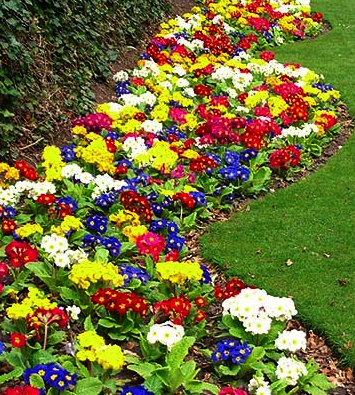I think I might have just spotted a Honey Bee in our garden on our potted Lavender. Can anyone confirm these pictures for me?
Honey Bee?
Bumble Bee, but what kind of Bumble Bee is this?
Is this a Hoverfly?
Honey Bee?
Bumble Bee, but what kind of Bumble Bee is this?
Is this a Hoverfly?






Comment